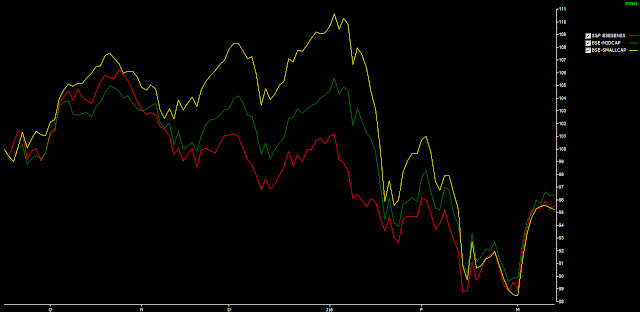"Democracy is the road to
socialism."
—Karl Marx (German, 1818-1883)
Word
for the day
Rabble-Rouser (n)
A person who stirs up the passions or
prejudices of the public, usually for his or her own interests; demagogue.
Malice
towards none
Dear FM, if nothing else is working,
trying renaming the proposed GST Act as
Rajiv Gandhi GST Act (RGGA)
First random thought
this morning
The famous 2014 general election win of PM Modi also
popularized his designer kurtas and phoren returned PR agent cum election
strategist Prashant Kishore. The day is not far when our vigilant media
discovers the hair stylist responsible for the new look of Modi Ji.
It is good that PR agencies, fashion designers, hair
stylists are getting their due share in Indian democracy. I hope a day will
come soon when Indian politicians will publically proclaim their life partners
and a victory kiss in full public view will not be a matter of blasphemy or
national shame. That day, the statute book will rewrite itself and "gender
equality" will no longer be a mere "intent".
History is repeating; only it may be much bigger this time
On March 09, 2009 when Nifty 2555, many were left
wondering, whether it's the end of stock market investing.
Today, after seven year, Nifty is 3x, and many people
are still wondering whether they should be investing in equity at all.
A Wikipedia tour of human history is sufficient to
realize that the "globalization" is as old as the human race itself.
Since ancient times, people (and animals) have been immigrating to far off, and
often unknown, places in pursuit of water, food, congenial weather, and safety
of children. The pursuit of material knowledge and spiritual elevation has also
taken people to new places. In relatively recent history, people have also
moved in the search of wealth and power.
With people, also immigrated their knowledge, food,
life style, traditions and prejudices. The global growth was therefore faster,
more symmetrical, and definitely development and growth oriented. The quality
of human life improved dramatically each century till the end of 19th century.
Though the concept of travel permission and
documentation is known to have existed since long, it was not till WW1 that it
became restrictive. The history would suggest that most modern day fundamental
scientific inventions were made in pre war era. In post war period the
scientific developments have been more oriented towards defence (including
internet and means of transportation), offence and disease control.
The modern day concept of Nationalism (restrictive
immigration of knowledge & people) has not helped anyone but a handful of
people endowed with leadership qualities who chose to become political or
military leaders. The global growth therefore has been slow, asymmetrical and
often harmful to the humanity in general.
The evolution of modern day mathematics, and
therefore, other branches of scientific enquiries, are a classic example of
collaborative research, enabled through free movement of people and knowledge.
The concepts of zero and decimal conceived in Indian sub-continent travelled
unhindered to the western world via Arab mathematicians and laid foundation for
modern economics, mathematics, physics, astronomy, aeronautics, etc.
The entire north American continent is outcome of mass
immigration of people from various parts of the world. Regardless of the
repeated political rhetoric no one has ever tried to stop foreign knowledge and
resources entering US borders. That is the strength of the US economic and
political model. Trust me, no one (including Trump and Hillary) is even
dreaming of closing US borders to foreign knowledge, workers or money.
The mass immigration that we are witnessing in Europe
today, may be similar to what happened, more recently, in Europe during 8-12th
century, and during 16-18th century in the USA, Asia and Indian subcontinent.
It is bound to have significant economic ramifications - mostly positive.
The Congress style of Nationalism has perhaps
irreparably damaged largest pool of knowledge, skills and other valuable
resources. by making India a closed economy in post independence era. It needs
to be immediately deserted and buried forever. The world is presenting a
humongous opportunity that comes once in many centuries. VISA restrictions are
easing worldwide. Global capital is looking for avenues where it can earn some
nominal return. In my view, the whirlwind global tours of PM Modi should be
evaluated in this context.....to continue tomorrow


